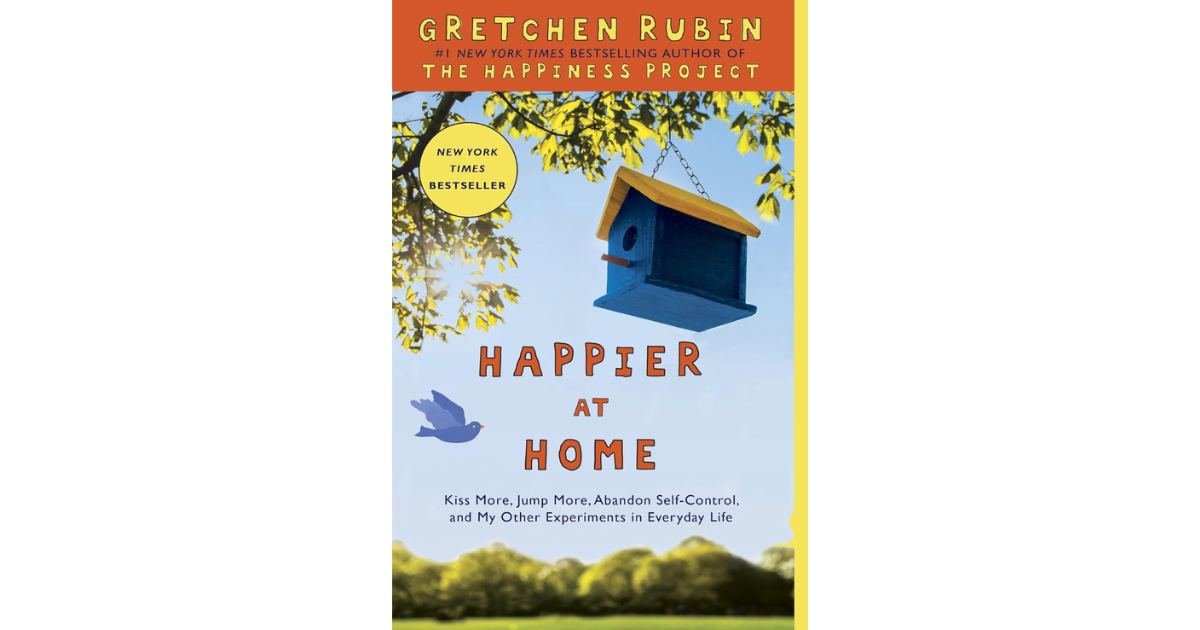Business Book Review: Plays Well with Others by Eric Barker
Whether you're a “people person” or socially anxious, Barker busts popular myths and confirms necessary truths for dealing with people.
My Rating: ★★★★
Length: 304 pages
Publisher: Harper One
Released: 2022
Key Takeaways for Personal Branding
In Plays Well With Others, best-selling author Eric Barker shares the surprising science behind relationships. He does so not from the position of being a “people person”, but self-proclaimed as the opposite. Saying that while he’s been called many things, this isn’t one of them. This book is for anyone who feels the same, as well as those who may be falsely confident in their people skills.
The book busts popular myths while also confirming some traditional maxims. From the workplace to your relationship with your spouse, there are many key takeaways.
“Reading People”
Studies show that those who have “accurate person perception” are happier, less shy, better with people and have closer relationships. Unfortunately, the vast majority are terrible at it. University Chicago professor, Nicholas Employ, found that when dealing with strangers, we correctly detect thoughts and feelings only 20 percent of the time. With friends, it rises - to 30 percent. And, with your spouse, it's an unremarkable 35 percent.
Yes, as popular rhetoric reinforces, woman are better at it. By 2 percent that is. But, it’s consistent across age and culture. Contrary to popular “women’s intuition” narratives, women rate the same as men on lie detection. But, advantages are seen in facial expressions and emotion recognition. The secret is not in biology. It’s in something available to everyone - motivation.
Women have been shown to be more motivated to read people accurately than men. So, as Barker proposes:
“The first step to being better at reading people is to be curious.”
Voice
Upon assessment of this literature, Barker describes the focus on body language as grossly overrated. Because, nonverbal cues are complex and context-dependent. You can’t be certain that someone shivering is nervous or cold. Barker says:
“Body language is utterly useless without a baseline."
So, if you don’t know someone’s default, you’re simply letting your brain create stories.
Instead, Barker posits trading body language for a laser focus on speech:
“When we can hear someone but not see them, empathic ability declines only about 4 percent. When we can see someone but not hear them, the drop-off is a whopping 54 percent. Pay less attention to whether they cross their legs and more attention to when their voice changes.”
Judging a Book by Its Cover
As much as we like a say “don’t judge a book by it’s cover”, the science confirms that we do. But, as Barker explains, the answer is more nuanced. You do judge the cover and this is unlikely to change. But, given the problems with our accuracy, you shouldn’t. Your efforts would be better placed on revising the initial judgments you’ll undoubtedly make.
Collaborative Superpower
It’s often implied that humans are earth’s dominant species because we are the smartest. But, Neanderthals were. Our brain is 15 percent smaller than theirs. They had fire, music, culture and paintings. And homo sapiens learned about using tools from them. Homo sapiens dominated because they cooperated.
Neanderthals worked in tribes of ten to fifteen. Homo sapiens scaled to over a hundred. Darwin himself confirmed that communities with the greatest number of sympathetic members would best flourish and rear the greatest number of offspring.
Favourite Quotes
Evolution has optimized our brains for speed or fuel efficiency over accuracy.
Because you’re distant with them, they’re distant with you. This reasonable response on their part triggers your confirmation bias. (“See, I knew they weren’t a nice person!”). Now you’re both wary of each other. And that’s the most scientific explanation you’ll ever get for what it means when two people “don’t click”.
Give people a second chance…you’re right only 70 percent of the time, max. You’re going to be wrong with at least three out of every ten people you meet…
When we feel excited, we associate it with what’s around us, even if that thing is not directly responsible. When we feel partner = fun, we enjoy their presence more.
Plays Well with Others is another masterful curation of surprising science and commentary by Barker. From academic research to genius horses and self-exiled hermits, the books brings together a multitude of entertaining references.
The rich science is made light with Barker’s signature wit. A necessary read for any human who will ever have to play nice with another human.
Plays Well with Others by Eric Barker: Available on Amazon.




